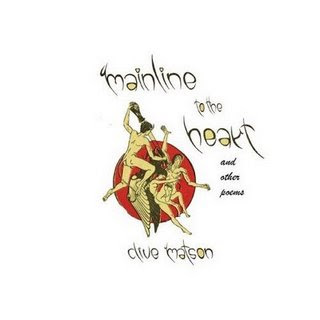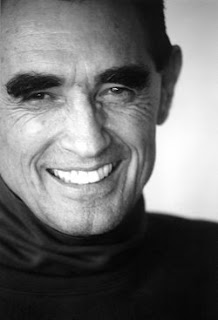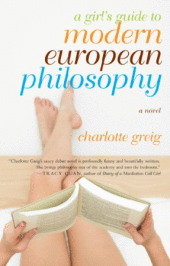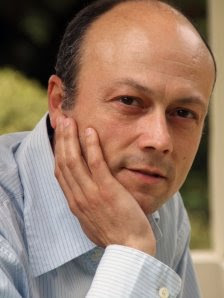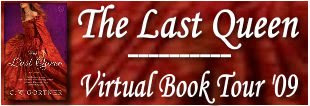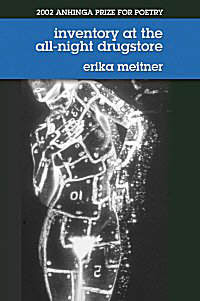
Michael Malone’s The Four Corners of the Sky is a story of the Peregrine family and particularly Annie Goode, con artist Jack Peregrine’s daughter. From its Wizard of Oz feel to its convoluted mystery, Michael Malone shifts from past to present and person to person, but it is far from confusing and a highly enjoyable ride.
“After the muddy hues of Emerald, North Carolina, Miami had almost blinded her. Miami was in Technicolor. Annie felt as if she’d awakened in a tropical cartoon of hot pink birds and purple flowers, set to salsa music. What’s more, she felt rested, although the rest had been imposed on her.” (Page 241 of the ARC)
Lt. Annie Peregrine Goode is a fighter pilot in the Navy who is dropped off by her father, Jack, in Emerald, N.C., at her aunt Sam’s house when she is only 7 years old. Sam, Jack’s sister, is a lesbian eager to play matchmaker who lives with her childhood friend Clark Goode, who has given up on love after several marriages. Annie is divorcing her husband and fellow Navy pilot Brad Hopper and heading back to Emerald for her 26th birthday party with family and friends, including Georgette. Hoping that her trip back home will help clear her head and get her life back on track, Annie is completely unaware of the mystery she has to unravel concerning her father, a mother she has never known, and La Reina Coronada del Mar (Queen of the Sea).
Malone’s training as a soap opera writer is apparent in this novel with its over-the-top characters–Raffy Rook, Jack Peregrine, Vietnam Vet D.K. Destin, Helen Clark aka Ruthie Nickerson, Dan Hart, Sam Peregrine, and Georgette Nickerson–but his writing style is vivid and compelling as each of these characters’ lives peels back slowly revealing the deep love and connection they all share.
“‘Sometimes these ladies I [Raffy] flop on? These ladies and myself, at Golden Days, we got to be friends. We go to the salad bars, botanical gardens, zoo, IMAX. They get a senior’s discount, I play them a song on my guitar. It’s a connection. And in this sad fast life, how many do we make time for?’ He spoke wistfully into the water bottle, as if he were depositing his confession inside and then quickly screwing the cap back on to keep it there.” (Page 340 of the ARC)
Readers will enjoy the plot twists and revelations in The Four Corners of the Sky as Annie heals old wounds left by her father when he abandoned her and refused to reveal her mother’s identity. She finds strength in adversity and strives under pressure. The subordinate characters–Raffy, Sam, Clark, and Georgette–add comedy to the plot. While some portions of this novel are a bit too long and veer off randomly into the past, these tangents are vivid and entertaining. Some readers may be put off by the continuous movie references made by Sam, Clark, and other characters or the constant puns, but these character flaws set these characters apart, providing them greater depth. Overall, Malone creates an intricate family web that readers must unravel to understand the depth to which a daughter can love her father in spite of his faults, learn to forgive those faults, and dig deep within herself to emerge a stronger woman whose foundation she couldn’t initially see.
Michael Malone will be in Washington, D.C., on May 28, 2009 at Politics & Prose. For a list of his other book readings and signings, go here.
Also Reviewed By:
Diary of an Eccentric
At Home With Books
My Thoughts…Your Thoughts?
Michael Malone is a novelist as well as the author of short stories, works of nonfiction, several plays, and daytime television drama. He was born in the Piedmont region of North Carolina and his distinctive Southern voice permeates his books, which he describes as “centered in the comedy of the shared communion among very diverse groups of people who are bound together by place and the past.”
Michael’s writing has been compared to Miguel De Cervantes, Charles Dickens and Henry Fielding. He is the recipient of The O. Henry Award for “Fast Love,” the Edgar for “Red Clay” and an Emmy as head writer of ABC-TV’s One Life to Live.
Michael lives in Hillsborough, North Carolina with his wife, Maureen, whom he met while they were working toward their doctoral degrees at Harvard University.
WWII Reading Challenge Blog Topic for Discussion, here.
Don’t forget my giveaways:
1 copy of Rubber Side Down Edited by Jose Gouveia, here; Deadline is May 15 at 11:59 PM EST
2 copies of The Last Queen by C.W. Gortner, here; Deadline is May 22 at 11:59 PM EST





